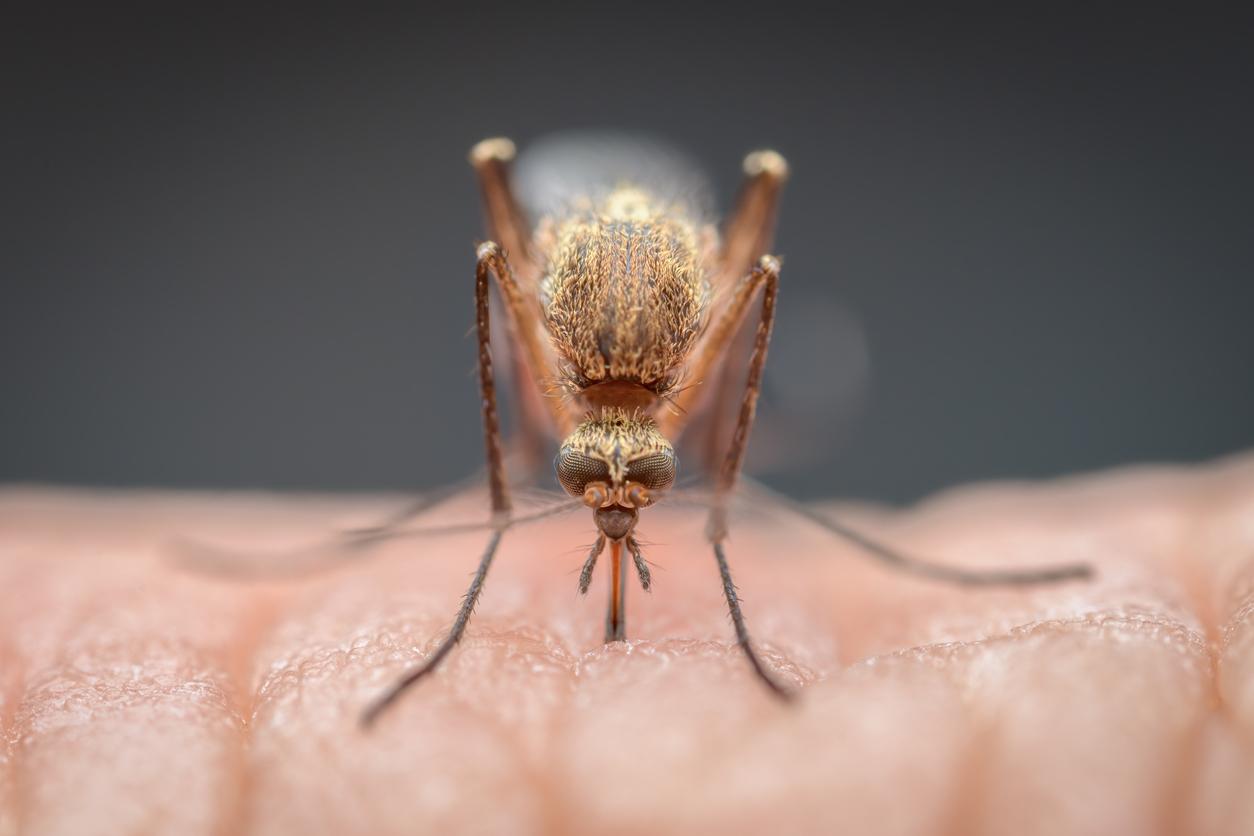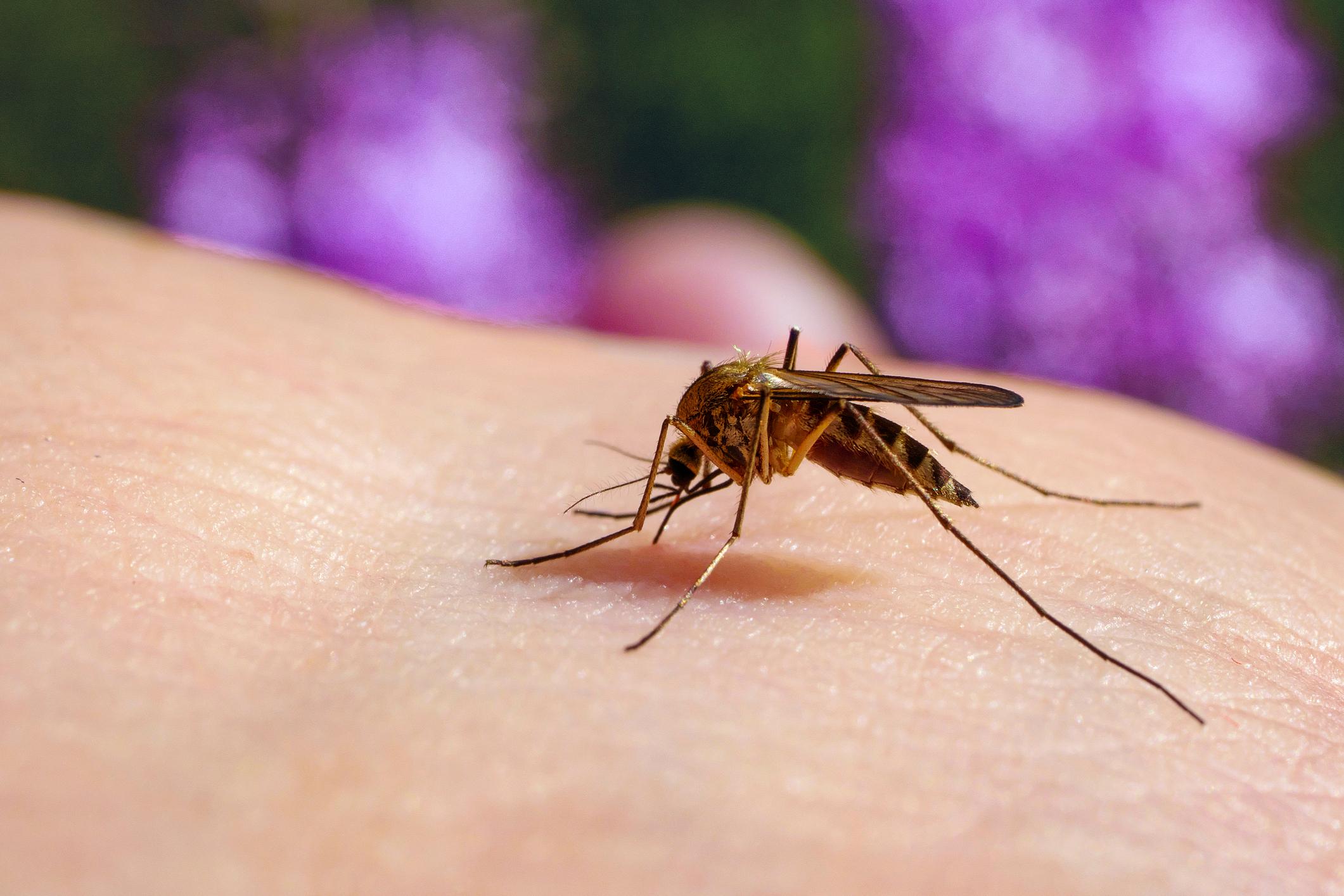
The reason for your sniffling
Sneezing, a full head, watery eyes, a runny nose or a stuffy nose: you probably think of a cold in the nose with these symptoms, but these complaints can also indicate hay fever. Especially in the hay fever season. How do you determine the differences?
Hay fever and cold complaints can indeed sometimes resemble each other. It is especially difficult for a layman to make a distinction. Still, it doesn’t have to be that complicated at all to determine which of the two is teasing you.
Super fast
Does your runny nose come up in minutes? And does it often disappear after a few hours? Then there is a good chance that you are dealing with hay fever or another form of allergy. As soon as you come into contact with pollen, the eyes, nose and throat will react to it. And when the irritation factor decreases – for example due to rain or when the evening sets in – the complaints often disappear again (for a while). With a cold, it’s a different story. These symptoms often build up in a few hours and are then continuously present for several days.
Watch your slime
If you have a cold, the snot is often slimy and sometimes green in color. That thicker texture is a hallmark of a cold. People with hay fever often have to deal with much more watery snot: sometimes it almost literally runs out of your nose. If the snot is not so present, it is sometimes worthwhile to look carefully into your handkerchief.
Itch
An itchy nose is a complaint that sometimes arises with both a cold and hay fever, but if you suffer from an itchy palate or a dry itchy feeling in the back of the pharynx, you can assume that hay fever is the culprit. The same goes for itchy or watery eyes. Itchy or burning eyes that are constantly watering is really a typical hay fever complaint and also the most annoying for many hay fever patients.
Cough
When throat irritation occurs, coughing is the body’s natural way of clearing the airways and lungs. With a cold, excessive mucus is usually produced. Coughing is then the result of the airways being irritated by the mucus (crying cough) or a reflex to drain the excess mucus (stuck cough). Snot from hay fever sometimes also causes a tickly cough.
Look for the differences
| Common cold | Hay fever | |
|---|---|---|
| How quickly do the symptoms come on? | In a few hours | In minutes |
| How long do the complaints last? | 7 to 10 days | A few weeks/months |
| What does the mucus/snot look like? | Fat | Aqueous |
| Tired of watery eyes? | new | Most of the time |
| Itchy nose and palate? | new | Yes |
| Suffering from coughing fits? | Most of the time | Only tickly cough |
Sources):















